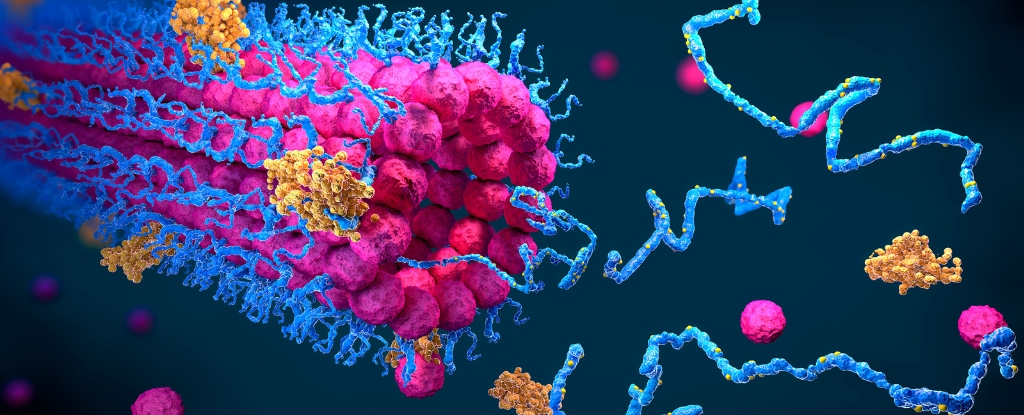Place your adverts here on InfoDig @ low rates; banner ads, sponsored links and guest articles etc. Contact us
Harare - On 3 October 2024, Zimbabwe marked the belated World Health Day and the 50th anniversary of the Expanded Programme on Immunization (EPI), a significant milestone in its public health journey. The dual commemoration provided an opportunity to reflect on the progress made in improving health and well-being in the country, while also acknowledging the work that still needs to be done to promote health for all Zimbabweans.
In his address, the Minister of Health and Child Care Dr Douglas Mombeshora highlighted the importance of health as a fundamental human right and emphasized the role of immunization in building a healthier Zimbabwe. He highlighted the country's achievements in EPI, including the eradication of smallpox, polio-free certification, and successful outbreak responses. The Minister also acknowledged the challenges that lie ahead, such as disparities in access to immunization and the rise of misinformation. He called for collaborative efforts to address these barriers and ensure that every Zimbabwean has access to life-saving vaccines.
The EPI programme in Zimbabwe has achieved remarkable success in eliminating maternal and neonatal tetanus, eliminating wild forms of polio, and reducing measles incidence. The government's commitment to public health has been evident in its proactive response to outbreaks and its introduction of environmental surveillance for polio. The country achieved universal childhood immunization coverage of over 80 percent in 1990. Furthermore, the introduction of new vaccines, such as those for human papilloma virus, hepatitis B, typhoid conjugate vaccine and pneumococcal disease, has broadened the scope of protection.
Efforts to reach remote and underserved communities have enhanced access to vaccines, ensuring that no child is left vulnerable. Widespread vaccination has helped establish herd immunity, which protects those who cannot be vaccinated, such as individuals with certain medical conditions. This collective immunity is crucial for preventing outbreaks and maintaining public health. The EPI programme has also played a role in strengthening Zimbabwe’s health systems. The infrastructure developed for immunization services, including cold chain systems and trained health personnel, has had a positive impact on overall healthcare delivery. These advancements have improved the country’s ability to respond to various health challenges beyond immunization.
Despite the remarkable progress, vaccine hesitancy, misinformation, and logistical hurdles continue to hinder immunization efforts in some areas. To sustain the gains made and reach the unvaccinated, continued investment in immunization infrastructure, public education, and research is essential to maintaining and expanding the gains achieved. Collaboration with international partners and the engagement of communities will be vital in addressing emerging health threats and ensuring that every individual benefit from the life-saving power of vaccines.
UNICEF Zimbabwe Deputy Representative Zeinab Adam committed to continued collaboration with Government, key partners and donors at a national and sub-national level to accelerate efforts to improve public health for all.
“Investments towards strengthening of the country’s health systems and infrastructure to ensure equitable access to healthcare services remain critical, with all partners playing their key as collaboration is very critical in vaccination,” added Dr Sarah Wanyoike, Acting WHO Zimbabwe Representative.
WHO, GAVI, UNICEF and other immunization partners are supporting the Government of Zimbabwe in achieving various health goals, including maintaining high immunization coverage aligned with the global Sustainable Development Goal 3 (SDG 3). Efforts focus on improving service delivery, enhancing the capacity of the health workforce, and implementing essential health financing reforms as outlined in the National Health Strategy (2021-2025).















 English (US) ·
English (US) ·